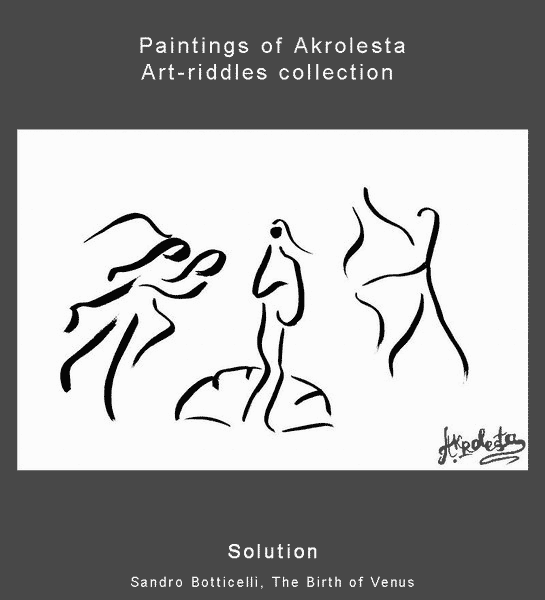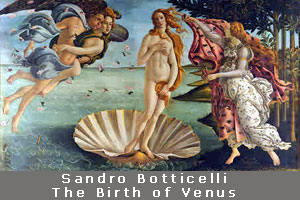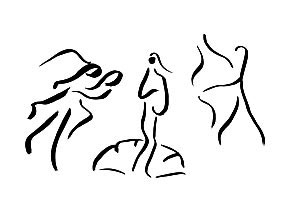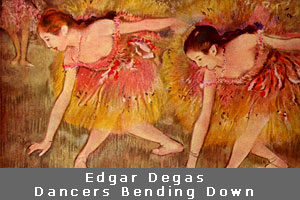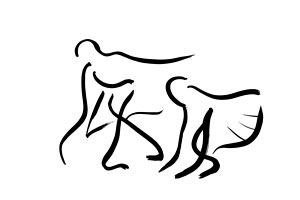Art-riddles exhibition
The exhibition room is a darkened hall, where the walls are translucent screens
(as in the theater of shadows).
On the reverse side of these walls are projectors that project Akrolesta’s
paintings from the Art Puzzle series onto the screens.
Each image is a contour of a painting of the famous artist, a pseudo-hieroglyph.
The task of the viewer is to guess the neame of the painting on the screen.
To find out the answer, the visitor approaches the screen, near which there is a
box on the pedestal.
To see the answer, the visitor must make a “magic pass” - hold his hand over the
box.
When a visitor passes his hand over the box, he closes the photocell circuit and
light appears in the box. Now the visitor can read the name of the artist and
see the original painting.
Thus, the exhibition turns into an intellectual and educational game with the
audience. The painting seems to be there and at the same time it does not exist.
We see only the outline, the shadow.
Art seems to be as it is, and at the same time it does not exist, because it
cannot be touched in any way. Even the projector’s beam is hidden from the
viewer behind the screen.
(This exhibition echoes other well-known works, paradoxes and provocations:
“Artist"s Breath” by Piero Manzoni, Marcel Duchamp"s “Air of Paris”,
“Immatériel” and “Le Vide” by Yves Klein).
Another variant.
Placing prints riddles on the wall.
The answer to the riddle is placed in the opener or box, and is not immediately
visible to the viewer.
Here are some examples of such art
puzzles, presented not on the screen, but in the form of posters.
